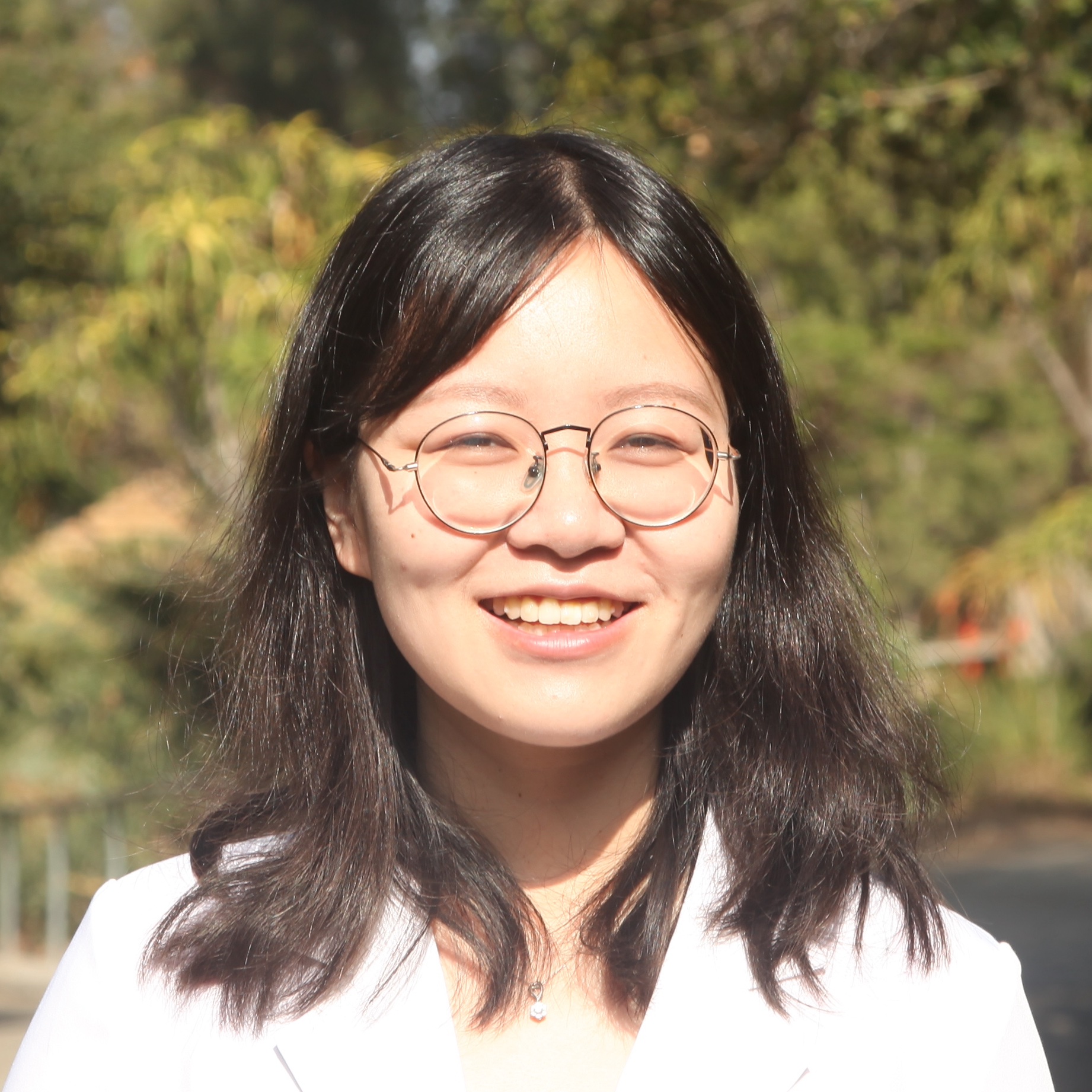
Xin Zhou
Department of Biological Chemistry and Molecular Pharmacology, Harvard Medical School
450 Brookline Avenue, LC-3116
Boston, MA 02215
Telephone: 617-582-9749
Email: xin_zhou1@dcfi.harvard.edu
Website
Summary
My lab engineers new molecular tools and biomedicines for re-directing oncogenic and immune signaling responses.
Molecular recognitions, such as receptor-ligand binding, enzyme-substrate recognition, or metabolite-protein interaction, are fundamental processes driving all biological pathways. My laboratory’s research focuses on repurposing natural and synthetic molecular recognition events for sensing and re-directing oncogenic or immune signaling responses. Our research spans four interrelated directions. First, we engineer sensors and signaling integrators to detect the dynamic signaling events in the tumor microenvironment (TME). This research is based on coupling a molecular recognition event to a fluorescence or luminescence output. The work will lead to a deep fundamental understanding of how tumors grow and progress in situ and how they interact with the surrounding cells, molecules, or therapeutic perturbations. Second, based on the knowledge we learned about the TME, we design new biologics that are only activated in the disease microenvironment. This research is based on designing conditional molecular recognitions. These new molecules will address the challenge of off-tumor toxicities with current cancer medicines. Third, we look at how we could re-program signaling events in the TME. Specifically, we are redesigning phosphotyrosine-mediated immune checkpoint pathways to enhance the anti-tumor immune responses in T cells. This research is based on fusing site-specific phosphotyrosine-recognition domains to a signaling motif for engineering synthetic signaling pathways. Finally, we develop new biomedicine modalities that can target previously intractable drug targets. This research is based on exploiting bi-specific protein recognition to engage the downstream response of one target to the other. This research will enable new strategies to functionally manipulate “yet-to-be-drugged” protein groups through novel mechanisms.
Publications
Elledge, S.*, Zhou, X.*, Byrnes, J., Martinko, A., Lui, I., Pance, K., Lim, S., Glasgow, J., Glasgow, A., Turcios, K., Iyer, N., Torres, L., Peluso, M., Henrich, T., Wang, T., Tato, C., Leung, K., Greenhouse, B., Wells, J.# Engineering luminescent biosensors for point-of-care SARS-CoV-2 antibody detection. Nature Biotechnology 2021, 39: 928–935. *co-first authors.
Zhou, X., Bracken, C., Zhang, K., Zhou, J., Mou, Y., Wang, L., Cheng, Y., Leung, K., Wells, J.# Targeting phosphotyrosine in native proteins with conditional, bi-specific antibody traps. J. Am. Chem. Soc. 2020. 142(41), 17703–17713.
Zhou, X., Fan, L., Li, P., Shen, K., Lin, M.#, Optical control of cell signaling by single-chain photoswitchable kinases. Science 2017, 355: 836–842.
Zhou, X., Pan, M., Lin, M.#, Investigating neuronal function with optically controllable proteins. Frontiers in Molecular Neuroscience 2015, 8: 37.
Zhou, X., Chung, H., Lam, A., Lin, M.#, Optical control of protein activity by fluorescent protein domains. Science 2012. 338: 810–814.
